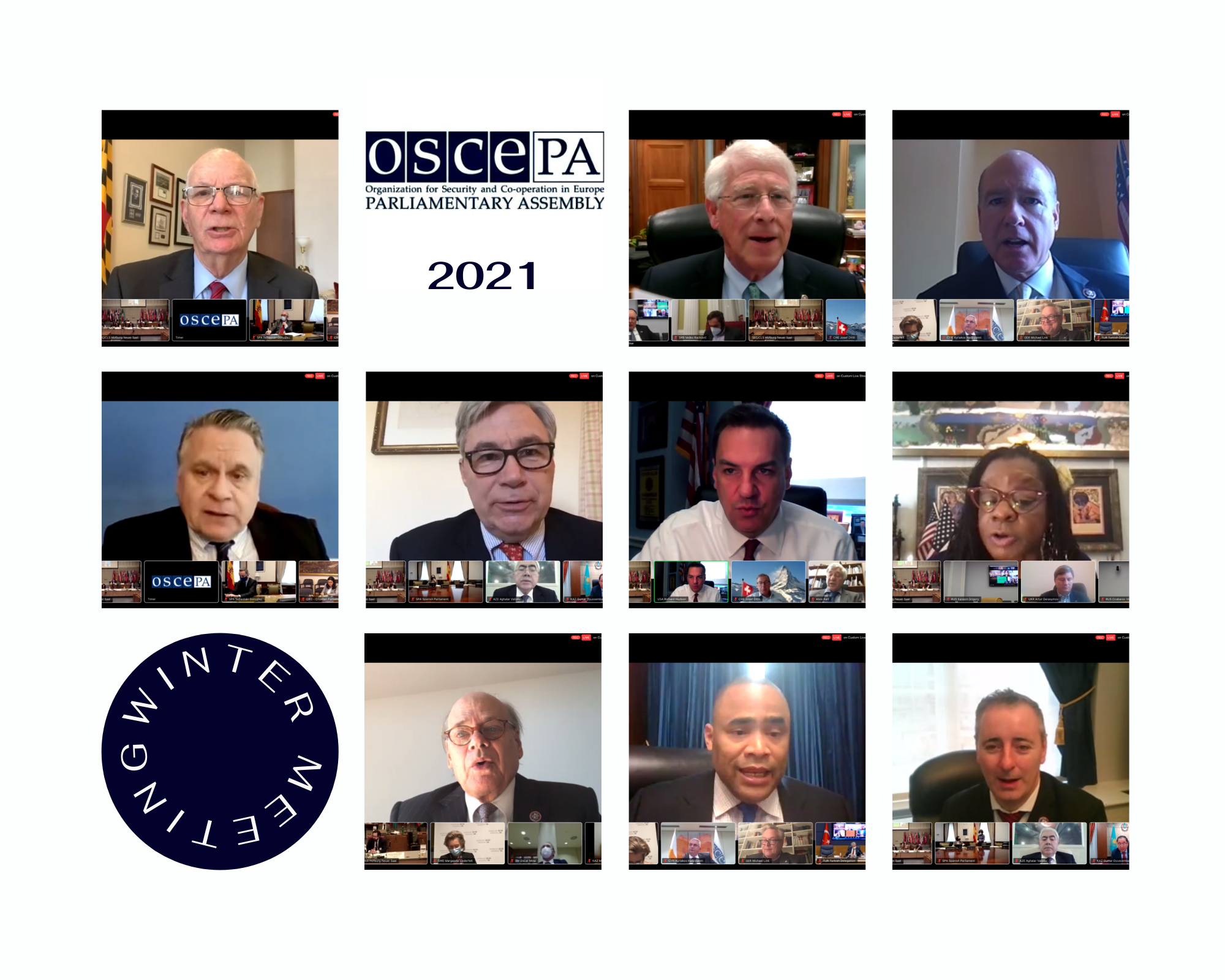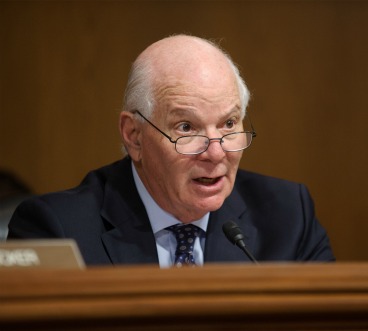This briefing moderated by Commission Policy Advisor Robert Hand focused on the many developments in Croatia at the time, including the issue of human rights- an area that Croatia needed to improve upon. Likewise, in order to be fully embraced by the European community, as Hand said, the country needed to democratize.
At that point in time, the country of Croatia stood at a crossroads. In January 1998, Croatia resumed control over eastern Slavonia, its last enclave occupied by Serb militants since the fall of 1991. Before resumption of Croatian control, the area was under U.N. administration the two years before. As sovereignty was reached on the entire state territory, priorities began to shift and the Croatian government came under strong internal and external pressure to allow acceleration of democratic development.






